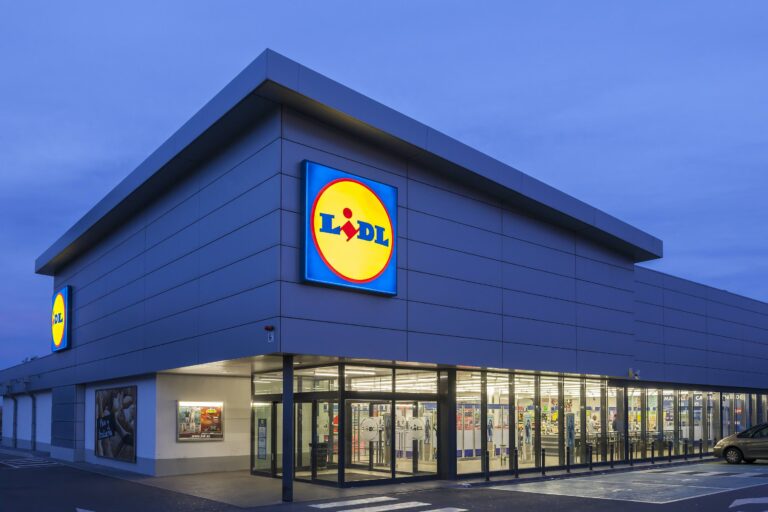Consumer confidence held steady for the third consecutive month in March at -26, up five points on the same period last year, it has been revealed today.
As overall confidence plateaued, the Index measuring changes in personal finances during the last 12 months also remained unchanged at -20, though forecasts for the coming 12 months declined one point to -6, a four point rise on the same period in 2012.
Explaining the findings of the GfK/NOP Consumer Confidence Index, Managing Director of Social Research at GfK Nick Moon commented: “Whilst a third month with the Index unchanged may not see like cause for rejoicing, it does now begin to seem that the British public‘s mood has climbed slightly out of the very deep trough it was in for almost all of 2012, and what we are seeing now looks more like the new normal than a temporary boost.
“The Index is still extremely low in historical terms but even a small rise, when sustained as this one has been, should be considered good news.”
However, consumers‘ outlook for the general economic situation in the past year and the coming 12 months has fallen two points to -54 ad -27 respectively as the troubled UK economy takes centre stage.
Last week‘s Budget from Chancellor George Osborne offered some relief to consumers through a cut in beer tax and a fuel duty freeze, though more needs to be done to restore public morale following news earlier this week that retail sales remained stagnant this month.
“March‘s still weak level of consumer confidence tallies with evidence from the CBI‘s Distributive Trades survey that the consumer sector is still fundamentally quite fragile,” warned Capital Economics‘ Assistant Economist Michael Pearce.
“The Budget measures could prove to be a temporary fillip for sentiment.
“However, continued falls in real pay and signs of weakness in the labour market suggest that a sustained recovery in confidence is unlikely for some time.
“Looking ahead, we doubt the Chancellor delivered enough in his Budget to prevent confidence from remaining weak over the coming months.”



























